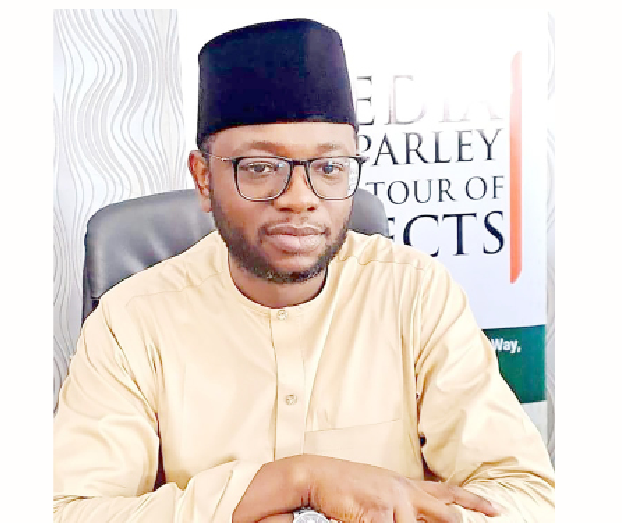Housing remains one of the most basic necessities of life. Aside from food and clothing, the next most important needs of man is shelter. And this historical fact has remained unchanged and will be so till the end of mankind.
Conscious of this and mindful of the need to ensure that poor and vulnerable populations have access to quality housing, the North East Development Commission (NEDC), commissioned the construction of 500 housing units in Dungal, a suburb of Bauchi metropolis.
Over the last decade, activities of Boko Haram insurgency displaced 2.2 million people from BAY states. This created a dire housing deficit in the region while putting pressure on the existing structures.
According to available data, Nigeria has an approximately 20 million housing deficit.
LEADERSHIP reports that the NEDC currently implements similar projects in the remaining five states of Adamawa, Borno, Gombe, Taraba and Yobe, to address the housing deficit occasioned by Boko Haram insurgency and sustained years of neglect.
Reflectively, due to the sustained years of insurgency which has led to displacement of many from their abode, there is an influx of people who were displaced from their communities, to the urban areas with most of them taking shelter in any available public spaces, homes, schools, huts, abandoned and uncompleted buildings, while many trooped to neighbouring North-eastern states just as hundreds settled in the IDP camps across the states.
There are reports suggesting that the stock of houses in the North-Eastern states before the insurgency was about 4 million, out of which over 500,000 structures (houses and commercial premises) were destroyed or irreparably damaged even before the start of insurgency, suggesting clearly that there was a Housing deficit in all the States of the Region.
Therefore, the insurgency only further aggravated the situation while in all of this, Borno State being the epicentre of the crisis is worst affected with the largest number of Internally Displaced Persons (IDPs)”
In 2019, President, Muhammadu Buhari approved a special Presidential intervention in Borno State (SPIB) in order to reduce the desperate situation that displaced communities in the state had found themselves in through the construction of 10,000 houses and the establishment of Technical and Vocational Skills Acquisition Centres for the IDPs amongst others.
Cumulatively, the commission is constructing about 3000 housing units across the six notheastern states.
A breakdown of the 500 housing units in Bauchi shows that 300 units will be raised in the Dungal community while the remaining 200 will be spread across the 20 local government areas of Bauchi State.
On its part, the Bauchi State government provided a plot for the project and vowed to support it through the provision of a police station and school in the area.
“The importance of houses for the people cannot be overemphasized and that is why we are doing everything possible to make sure that we get affordable but decent accommodation. We want to make sure we ameliorate the housing deficit”.
“Civil servants and other public servants will be given priority in the allocation of the houses because that is the only way to get the best out of them,” Governor Mohammed said.
However, barely two years from the commencement of the project, the location wears a new look as the houses have been fully constructed and are ready to be distributed to beneficiaries.
This has created anxiety among residents of Bauchi who hoped to benefit from the project.
Some of the residents who spoke to LEADERSHIP expressed optimism that the housing units will further reduce the worries of many people who wished to own a house but could not due to rising prices of building materials in the country and general inflation in the economy.
Ibrahim Musa, 40, who lives in a rented apartment in Gida-Dubu, said the housing project will ease difficulties in owning a house among citizens.
“What we lacked in this country over the years is initiatives such as the North East Development Commissions housing projects across the region.
“Government must make deliberate attempts to give a window to its citizens to enable their own house,” he said.
Another resident, Ibrahim Agwam said NEDC’s housing project will reduce the rising rent prices and shortage of housing accommodation, especially in the Bauchi metropolis.
He added that tenants pay stupendous amounts for rent, which is weakening their purchasing power.
“People pay exorbitant prices in the name of rent in the Bauchi metropolis. With this kind of project, it will reduce pressure on the few available rent slots in the metropolis.
“Sometimes, it is very difficult for you to get accommodation because of the competition. A lot of people are out looking for apartments to rent,” he said.





